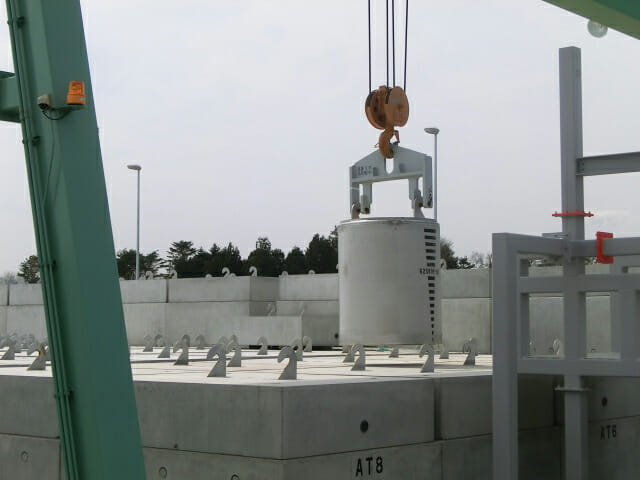China has urged member countries of the Association of Southeast Asian Nations (Asean) to oppose Japan’s planned release of treated radioactive water from the disaster-hit Fukushima nuclear plant.
Beijing has called for the chair statement of the 56th Asean Foreign Ministers’ Meeting, which begins today in Jakarta, to express opposition to Japan’s planned release, Anadolu Agency reported yesterday based on Tokyo-based Kyodo News’ citation of an unnamed diplomatic source.
At working-level consultations, Beijing also asked Asean chair Indonesia to avoid using the term “treated water” in the grouping’s joint statement to be issued on Friday following the annual security huddle.
Dismissing China’s stance, Japan said the International Atomic Energy Agency (IAEA) concluded in a report released last Tuesday that Tokyo’s plan “aligns with global safety standards and would have a negligible radiological impact on people and the environment”.
Neighbouring South Korea said it respects the outcome of the IAEA’s review, while China criticised the United Nations nuclear watchdog’s report, urging Tokyo not to carry out the release.
Japan’s government and Tokyo Electric Power Company Holdings Inc, the operator of the Fukushima plant, aim to begin releasing the water into the sea around the summer after it undergoes processing to remove most of the radionuclides except tritium.
Chinese Foreign Ministry spokesman Wang Wenbin on Friday hinted at expanding Beijing’s import controls on Japanese food, contending that Tokyo has used the pseudo-scientific term “‘treated water’ to downplay the risks of the nuclear-contaminated water”, the report said.
IAEA director-general Rafael Grossi is visiting Japan’s neighbours to defend the nuclear watchdog’s report on Tokyo’s plans to release nuclear waste into the sea.
The report was submitted to Japanese Prime Minister Fumio Kishida last week. It said, however, that the IAEA neither recommends nor endorses the national decision of Japan to release the treated water.
Japan’s water discharge plan, announced in April 2021, has faced significant criticism from China, South Korea, North Korea and Taiwan, along with international organisations, including the UN.
The US supported the proposal following years of discussions on dealing with over one million tonnes of water stored at the Fukushima nuclear complex since the 2011 disaster.
On March 11, 2011, a nuclear accident occurred at the Fukushima Daiichi Nuclear Power Plant in Okuma, Fukushima, Japan. The proximate cause of the disaster was the Tohoku earthquake and tsunami.









